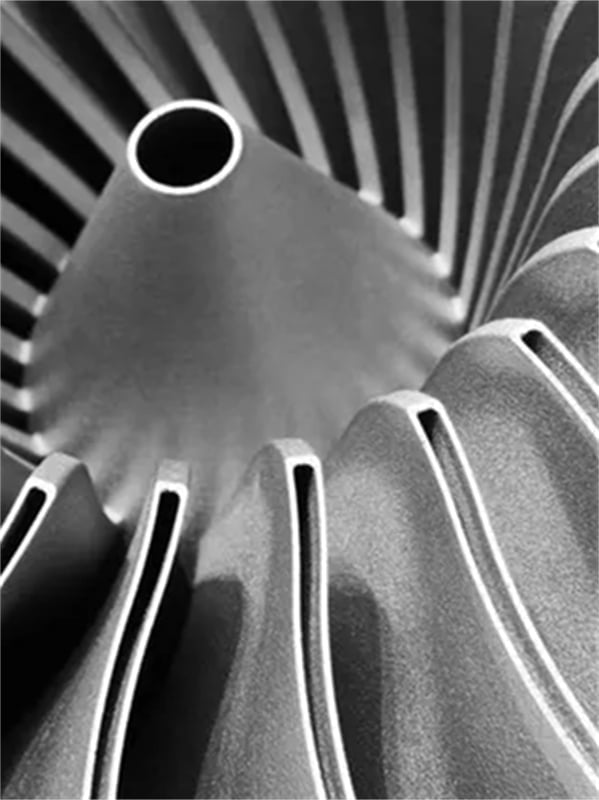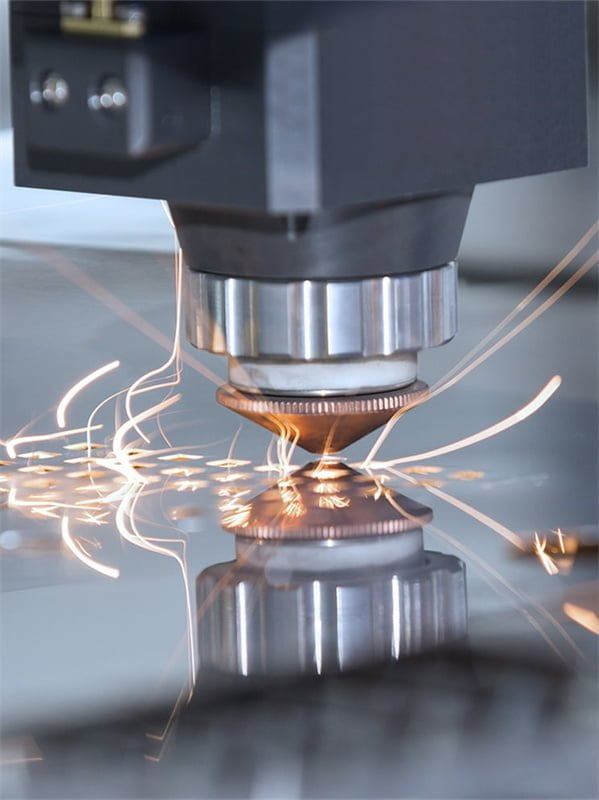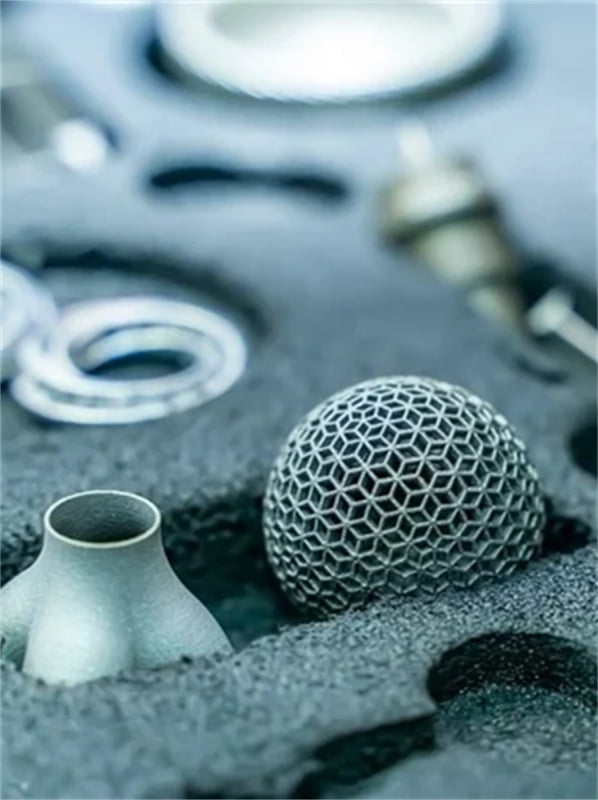3D printing of metal parts involves selectively joining fine metallic powders layer-by-layer based on a digital model. There are several printing techniques used for metal powder bed fusion:
Selective Laser Melting (SLM) uses a high-powered laser to selectively melt and fuse metal powder particles together. This produces near fully dense parts with high precision and intricate details. SLM is ideal for reactive metals like titanium and nickel alloys.
Electron Beam Melting (EBM) utilizes an electron beam in a vacuum to melt successive layers of metal powder. EBM allows printing of large, complex titanium structures for aerospace applications.
Hot Isostatic Pressing (HIP) – This is a post-processing method where high temperature and isostatic gas pressure is applied to compress and densify 3D printed metal parts. HIP helps improve mechanical properties and material integrity. It is commonly used for mission-critical aerospace components.
Metal Injection Molding (MIM) – Fine metal powder is combined with a binder material and injection molded to create complex net-shape green parts. The binder is then removed and the metal parts are sintered and densified. MIM enables cost-effective production of high volumes of small, complex metal parts with good repeatability.
Direct Metal Laser Sintering (DMLS) uses a laser to partially melt the metal powder into a solid mass. DMLS offers speed and lower costs for some applications. Post-processing may be required for full density.
MetalBinder jetting deposits a liquid binding agent onto metal powder beds to bind the particles. The green parts are later sintered in a furnace. This technique enables high-volume production.
Key applications of metal 3D printing include lightweight aircraft components, patient-specific implants and prosthetics in healthcare, tooling for injection moulding, and complex industrial parts with enhanced thermal or structural performance. The ability to produce intricate geometries unmatched by traditional methods makes metal 3D printing highly attractive.

HIP Technology
Hot Isostatic Pressing (HIP) technology works by placing the product in a closed container, filling it with inert gas and sintering or densifying the product at a very high temperature…

MIM Technology
MIM products can be complex in shape, precise in size, high in strength and produced automatically in large quantities, and can significantly reduce the complexity and cost of traditional metalworking…

SLM Technology
SLM, also known as Selective Laser Melting, is similar in principle to SLS in that a laser is used to melt and solidify metal powder in a specified area, which is then moulded in a layer-by-layer stack…

EBM Technology
Electron beam melting refers to a vacuum melting method in which the kinetic energy of a high speed electron beam stream is converted to heat as a heat source for melting metals under high vacuum…
